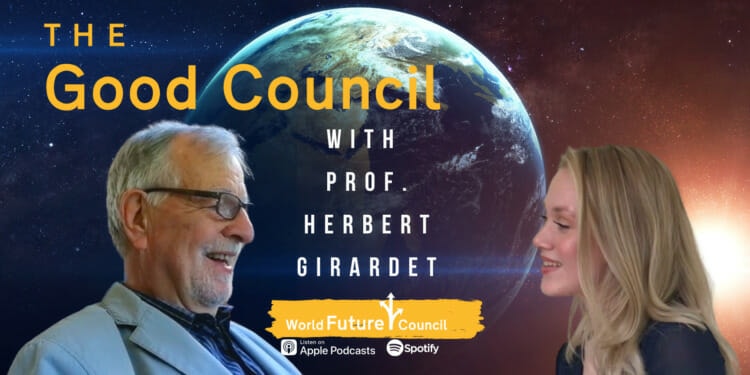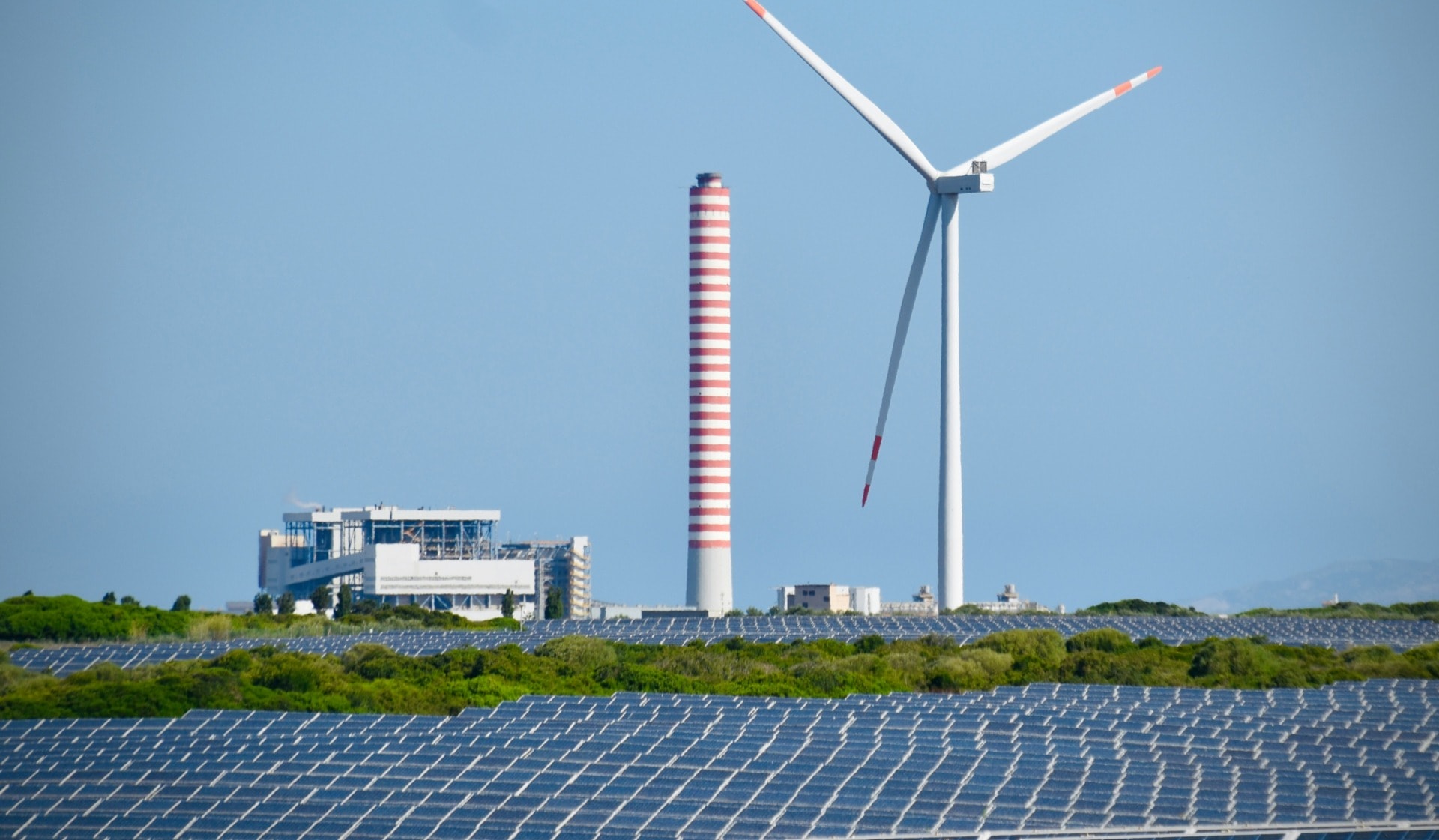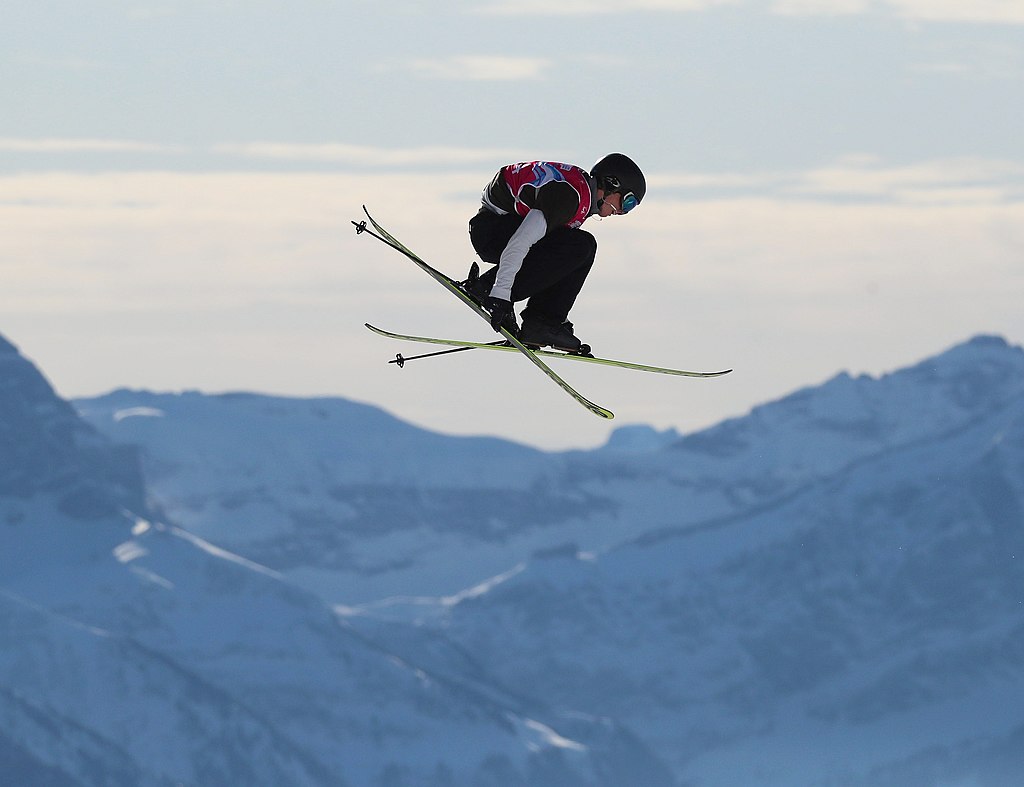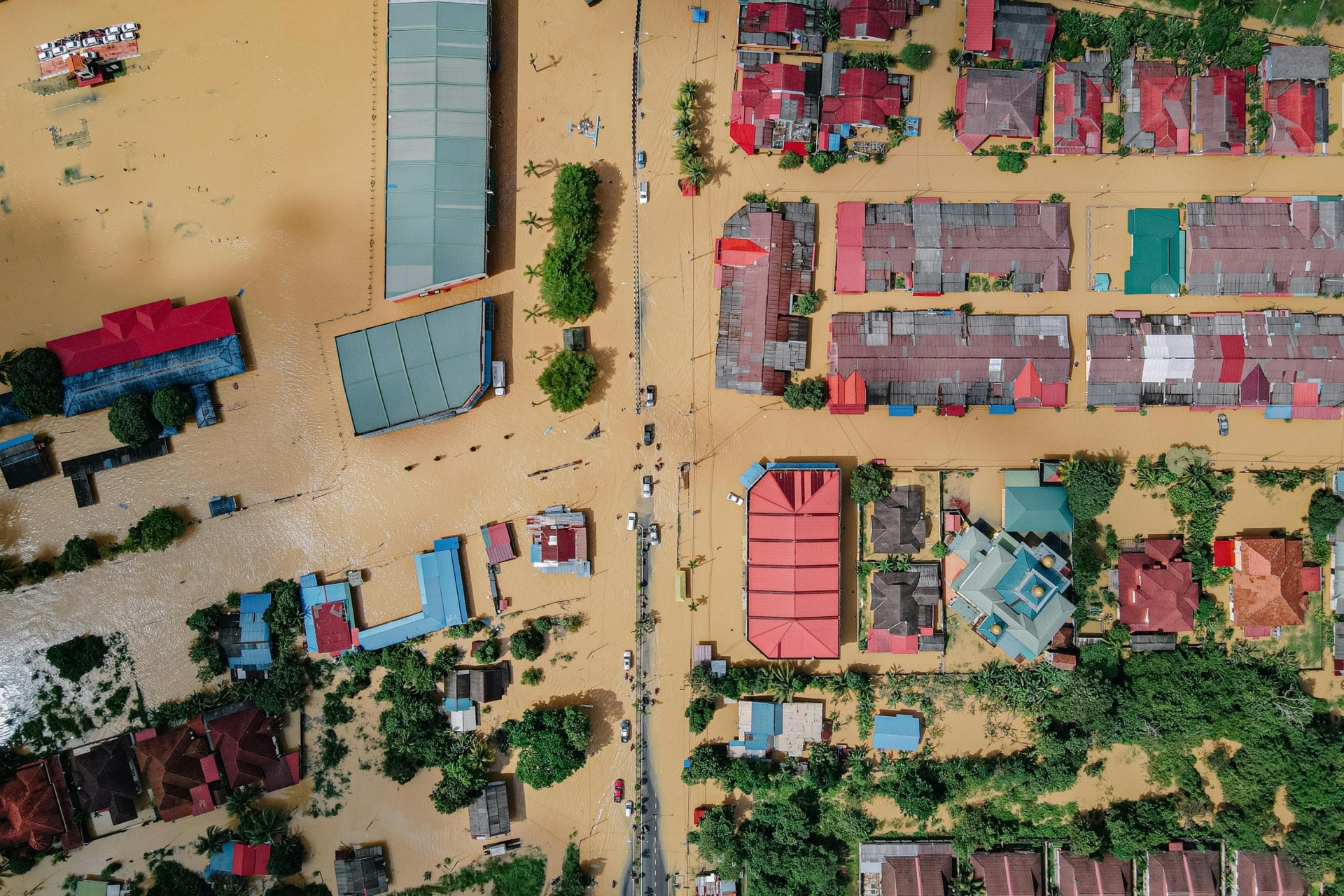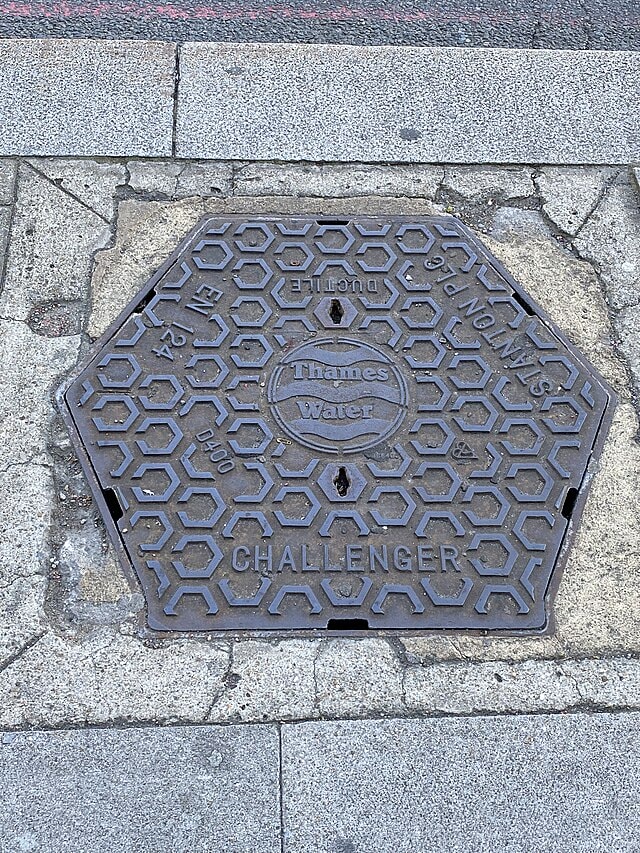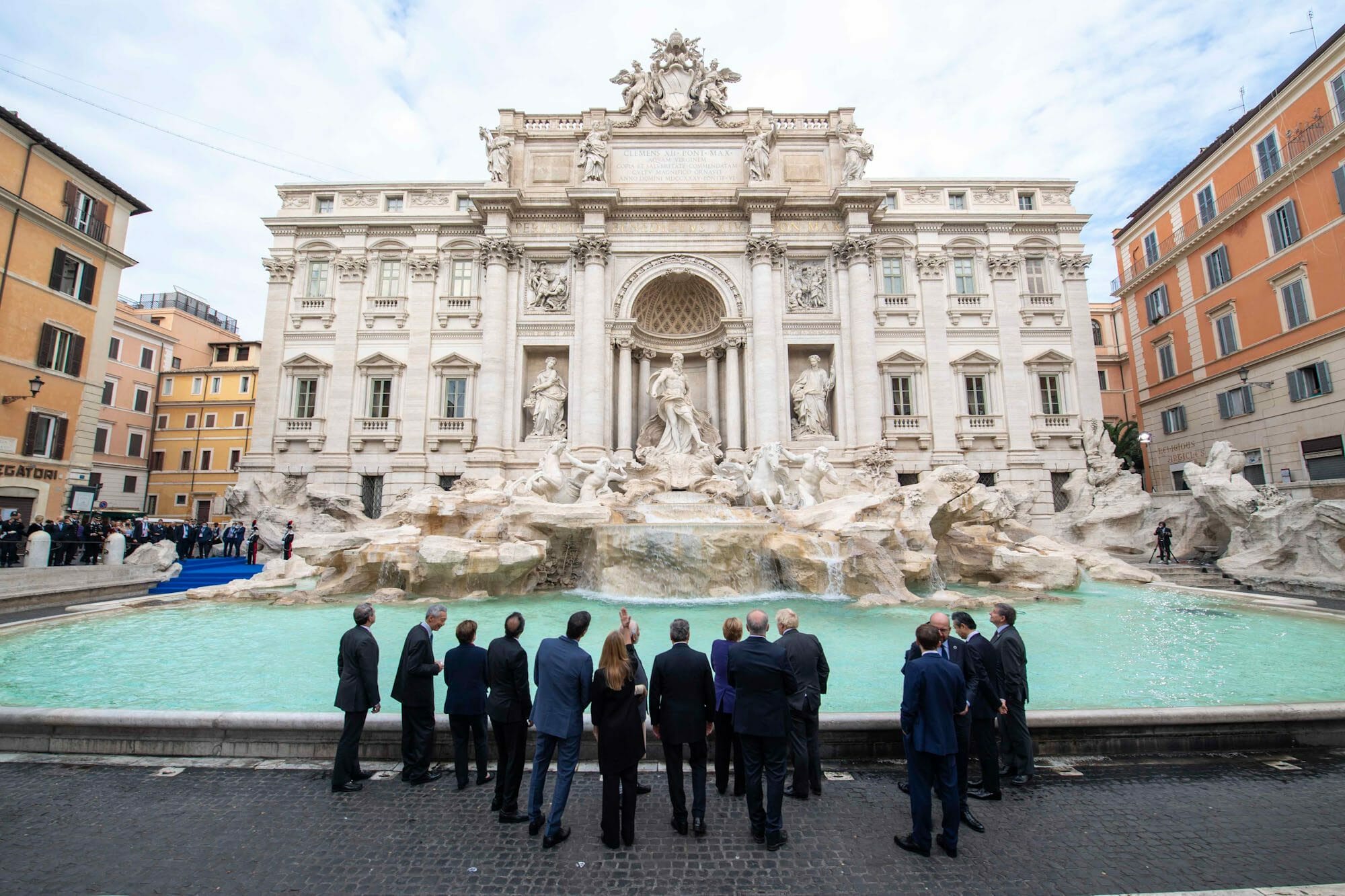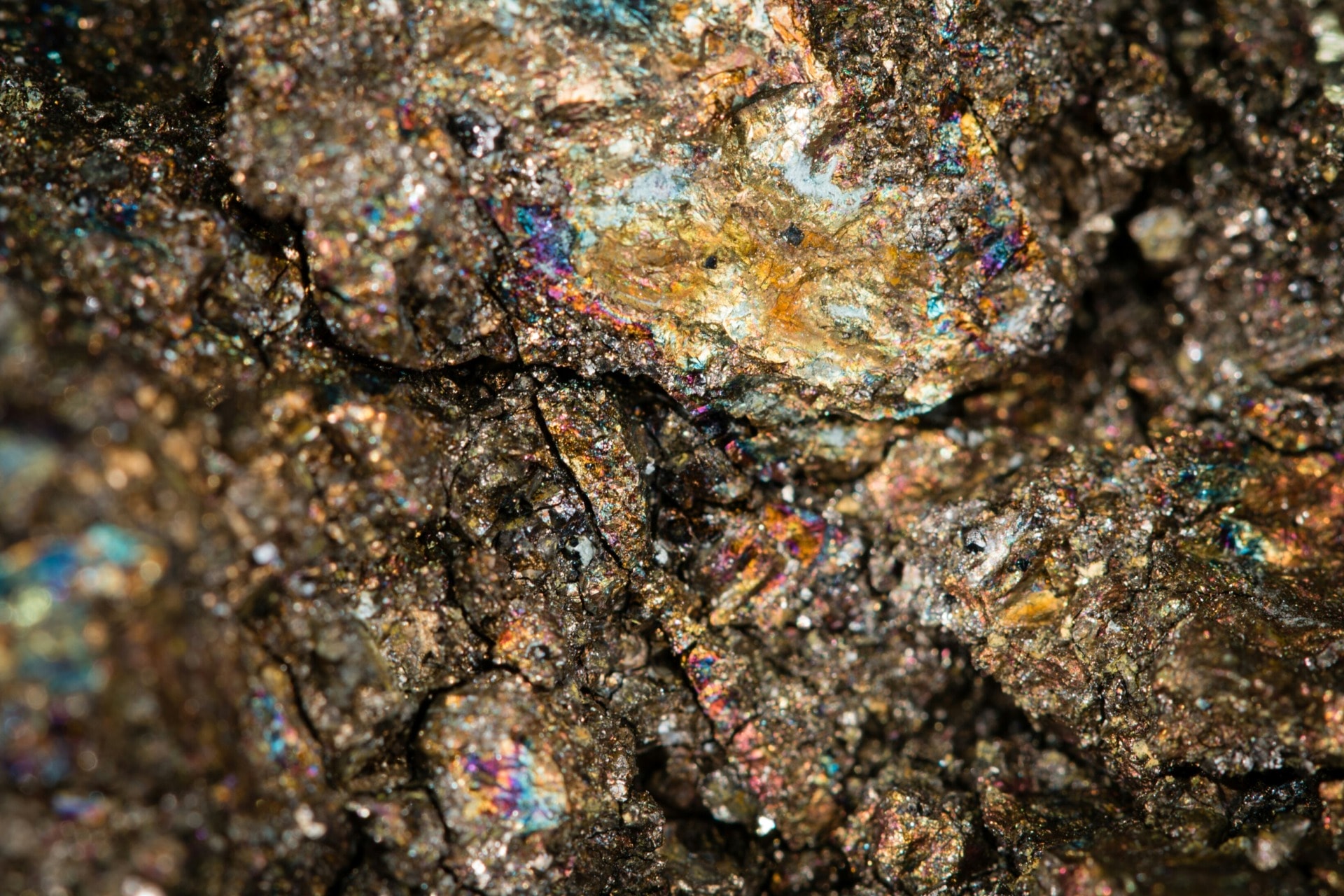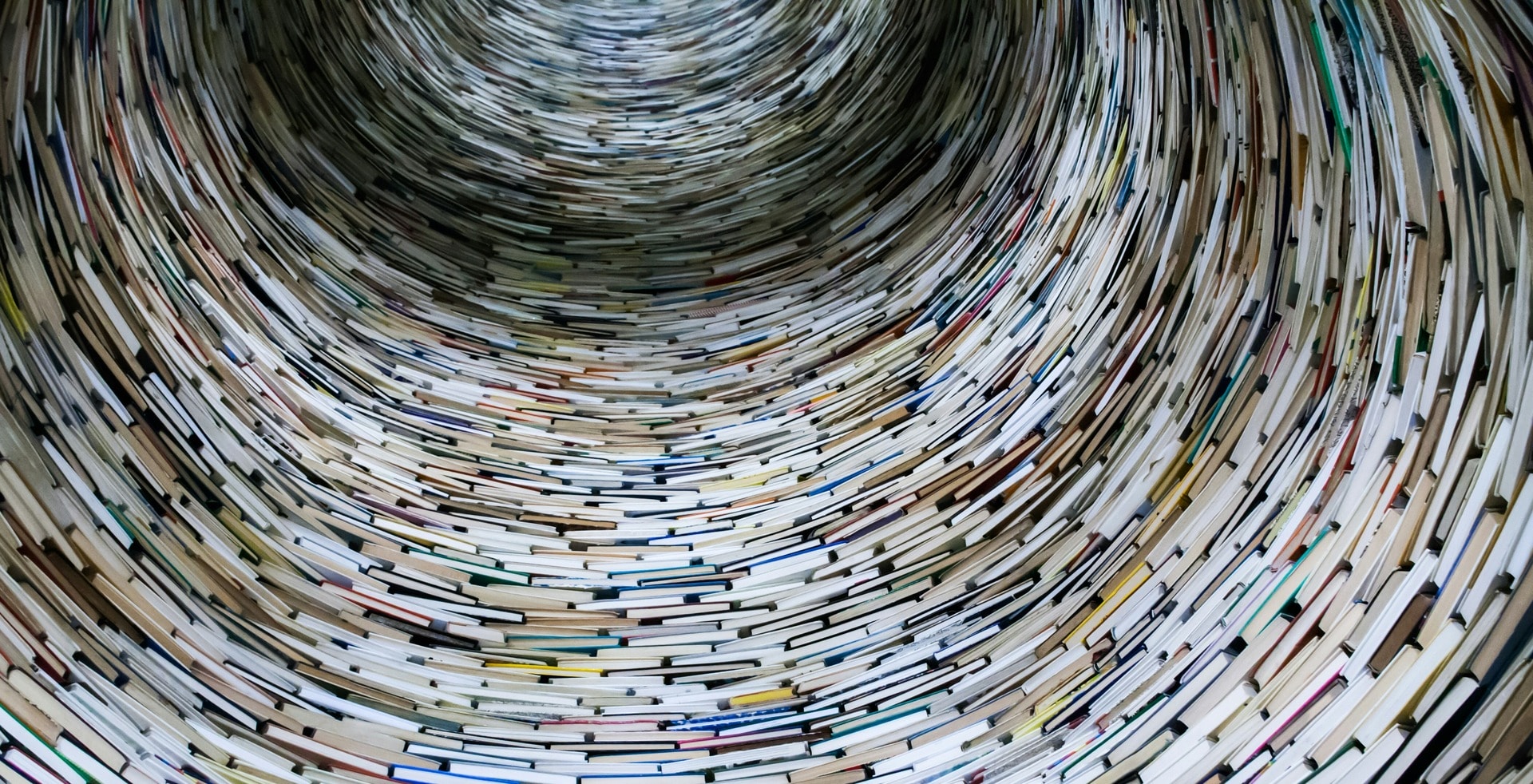This is the second article in the series “The Good Council”, based on the podcast from the World Future Council. It gives a behind-the-scenes look at the organization’s trajectory, from revolutionary idea to reality, and offers insights on its current agenda. The Good Council podcast provides inspiration, laughter, and food for thought through intergenerational dialogue between its founders, senior councillors, and young entrepreneurs and activists from around the globe.
 What makes a person decide to dedicate his or her life to try to assure a better world for future generations? In this second episode of our podcast “The Good Council”, we hear from a man who helped to dig a tunnel under the Berlin Wall and was one of the original organizers of London’s Notting Hill Carnival, Professor Herbert Girardet. Professor Girardet is also co-founder and former Director of Programmes of the World Future Council.
What makes a person decide to dedicate his or her life to try to assure a better world for future generations? In this second episode of our podcast “The Good Council”, we hear from a man who helped to dig a tunnel under the Berlin Wall and was one of the original organizers of London’s Notting Hill Carnival, Professor Herbert Girardet. Professor Girardet is also co-founder and former Director of Programmes of the World Future Council.
A cultural ecologist, author, and former filmmaker, Herbert was a consultant to UN Habitat and the UN Environment Program, and a recipient of a UN Global 500 Award for outstanding environmental achievements. In 2003 Herbert was the inaugural Adelaide Thinker in Residence, proposing sustainability policies to the South Australian Premier Mike Rann, which have since been fully implemented. He is currently an executive committee member of the Club of Rome, and a visiting professor at the University of the West of England. Herbert writes and lectures widely on regenerative development.
Annika: You recently wrote a poem called “Sacrificing Tomorrow Today”. What are the words?
Herbert:
Hey folks, aren’t we having fun
roasting the Future alive,
in a furnace of ancient oil:
To burn ever more means to thrive.
Let us sacrifice Tomorrow
on the altar of Now and Today.
Tomorrow is there for disposal,
so why not just throw it away?
Steal our grandchildren’s future:
As long as we can do our living.
Taking, and taking some more,
and let’s not bother ‘bout giving.
Why not just get rid of Tomorrow,
we are good at playing this game.
Why care for some unborn child,
with no face yet, and no name?
We’re roaring into the unknown
in a souped-up luxury car,
and when we have arrived there
we’ll soon find out where we are:
Let us lie on a palm-fringed beach,
sipping cocktails and champagne,
with not a care in the world.
It’s so cool: we will do it again.
Let’s smudge our little planet
with plastics, poisons and oil,
let’s light some more forest fires
and then flush away the soil.
So now, what else can we do
to make our Future die
a fiery, premature death?
Are there other ways we can try?
Let us sacrifice Tomorrow
on the altar of Now and Today.
Tomorrow is there for disposal,
so why not just throw it away?
A: What would you say is the message?
H: When you look around the world today, we are basically stealing our children’s future; we are doing that through the activities I’ve listed in the poem, whether it’s rainforest and biodiversity destruction, climate change, or damage to the oceans in terms of plastics or acidification. There are so many ways in which we are damaging our home planet, and basically robbing the future. These are some of the key themes that we focused on when we founded the World Future Council in 2007: the concern about what we are doing to the lives of future generations, and life on earth as a whole, if we carry on as we do today.
A: What would you tell people in everyday life? Do you have any advice to give?
H: Well, there’s a lot we can do in terms of personal action. In particular, there are now many initiatives regarding conscious consumption. For instance, avoiding the use of plastics in our daily lives, or burning much less oil and gas. Many people want to live more frugally, reducing meat consumption, moving towards more vegetarian or vegan diets. That’s a significant trend in the developed countries. But personal action can only go so far. We need to do everything we can to influence government policies on what type of products we should be able to buy, and at what price. We need to ensure that in everything we do we set science-based policy parametres – whether it is regarding our diet, or the use of pesticides in food production, or industrial production processes. Nature works as a circular system – all wastes are nutrients for future growth. How can we assure that human action works in similarly regenerative ways?
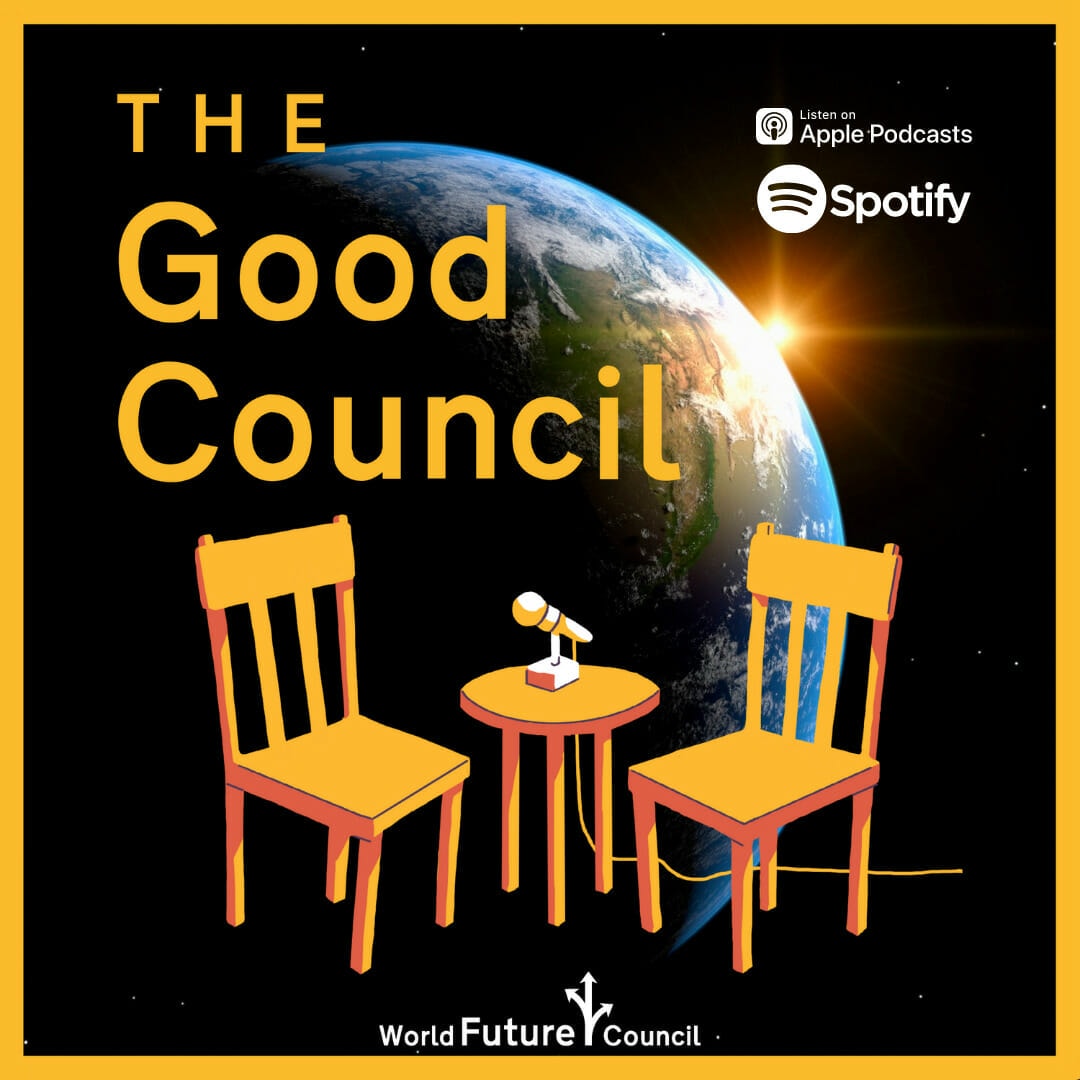
A: Moving on to current young generations. What do you think about the current youth and their activities and political and civic engagement?
H: What‘s going on now is enormously exciting. When we first started the World Future Council, we thought right away: how can we not just speak for future generations, but how can we get young people themselves to speak for their own future. At the time it was quite difficult to get young people to speak up for themselves. But now young people have found their own voices. They are speaking loudly and clearly, and that is an extraordinarily important development.
A: Is there anything that you would say to young people today?
H: Well, the important point is that they are not the cause of what was happening on the planet. They’re only inheriting current practices and the processes that are causing environmental damage and other problems. We human beings still seem to think that we are the lords and masters of this planet, and yet we are only one among tens of millions of living species. I think that young people need to realize that we need to fundamentally rethink the ethical perspectives of how we conduct ourselves on this planet. We can’t just keep taking – we need to learn to give back to nature, and to initiate and spread plausible, future-just policies. I think that this perspective needs to come to the fore ever more strongly.
A: In a sentence, what is your hope for future generations?
H: Well, above all else, they need to think about not just sustainability, but they need to think about regeneration. Sustaining planet earth in its current, depleted state is not enough. We have the historic task to do everything we possibly can to regenerate the living sytems that define our home planet.
In this spirit I have written a song called ‘War Against Nature‘ for COP26 which can be downloaded via the Artists Project Earth website, www.apeuk.org.
Editor’s Note: The opinions expressed here by Impakter.com contributors are their own, not those of Impakter.com. — In the Featured Photo: Herbert Girardet in conversation with The Good Council’s Annika Weis. Photo credit: Annika Weis


